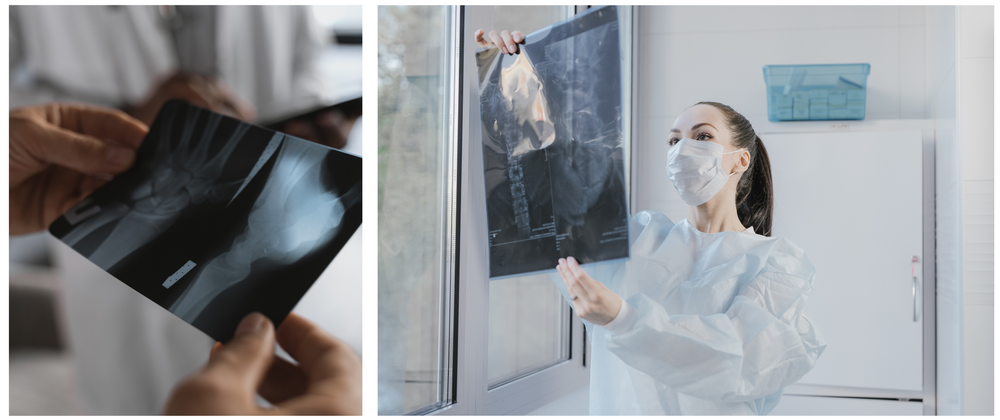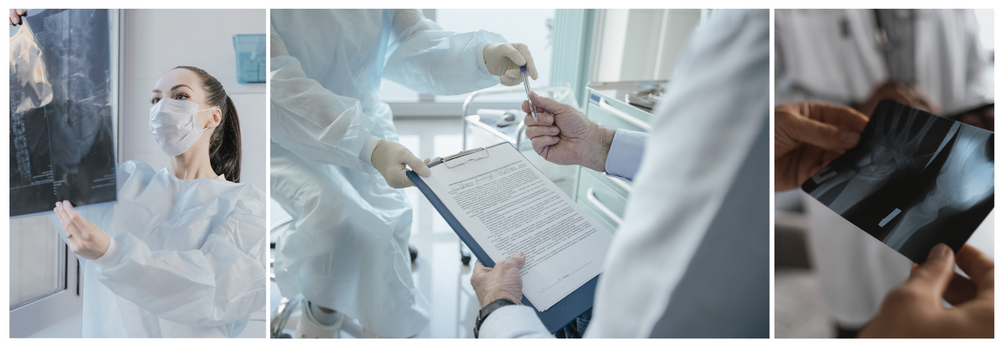What is Pre-Competitive Medical Assessment?
While regular physical activity and a sport like running are proven to be profitable for the physical and mental well-being of a sportsperson and are smartly prepared by runners around India following tight schedules of training, focussing on nutritional requirements and mental preparation that aids them along their journey and at being a better runner each day, however, one crucial aspect goes overlooked - The PCMA.
Before we explain what PCMA stands for, according to an American Heart Association report, about 0.54 per 100,000 participants in half marathons and marathons experience a heart attack. But it's often deadly, killing 70 per cent of those runners. This happened with a Mumbai-based 64-year-old runner Gajendra Manjalkar, who had a heart attack mid-Mumbai Marathon and unfortunately died.
Similar issues and complications could be addressed and prevent misfortune via PCMA, which determines and detects chances of injuries and provide solutions by consulting qualified doctors and physicians before they expand and become a hurdle in the way of your running.

PC- Kampus
So what is PCMA?
PCMA stands for Pre-competitive Medical Assessment which determines a sportsperson’s health and physical condition before participating in competitive sports like running. The entire process of PCMA detects underlying medical conditions and physical levels and ensures no asymptomatic issue goes unnoticed and athletes are safe enough to compete according to their potential.
Although Pre-Competitive Medical Assessment covers a thorough evaluation of diverse physical elements of the human body that allows preventive and early detection, we will be listing out the crucial ones that need the most of a runner’s attention to optimize their performance and reduce the risks of potential setbacks!
How does it work?
The first step of PCMA includes a form intended to understand an athlete’s medical history and picks up current illness that may incline them towards adverse health and guide further assessment. Furthermore, a thorough physical examination from head to toe is designed to pick out physical injuries, along with several tests to assess…

PC - Tima
Cardiovascular Health
Running is a cardiovascular activity that delivers stress over the athlete’s heart and blood circulation throughout the body. The Pre-Competitive Medical Assessment includes a well-designed examination of Cardiovascular health by ECGs (Electrocardiograms) and stress tests to detect the issue (if any) and provide them with further guidance without compromising heart health.
Nutritional Deficiency
Another vital aspect of a runner’s well-being is the fuel he/she gives to her body. Under this medical assessment, health professionals may analyze nutritional intake and essential requirements that will complete athletes’ necessities and aid them toward a healthier state by optimizing their dietary plans and food intervals.

PC- Ella
Respiratory System
Efficient breathing enhances a runner’s endurance and, ultimately, growth. Hence, PCMA examines the runner’s lung capacity through respiratory system tests and detects underlying issues early to take appropriate measures and improve breathing, eventually enhancing your running efficiency.
Musculoskeletal Integrity
Running puts a regular impact and strain on bones, joints, and muscles that can lead to injuries if a runner has an asymptomatic imbalance while running. The Pre-Competetive Medical assessment examines the body's postures, joint mobility, and muscle strength through a healthcare professional. This is done to identify areas of concern and then provide suitable training exercises and injury-free strategies.

PC- Shvets
Other factors may vary in the medical history of an individual athlete and provide medical solutions to overcome the issues or impairments. From examining Body Composition (BMI) and Blood tests to stress testing, VO2 max is all such examples. Furthermore, after the successful conclusion of the examination and assessment that diagnose the issues, a thorough report is created for individual athletes, and they are recalled to discuss the clearance advanced to them to participate in events and pay attention to issues highlighted during the PCMA.




